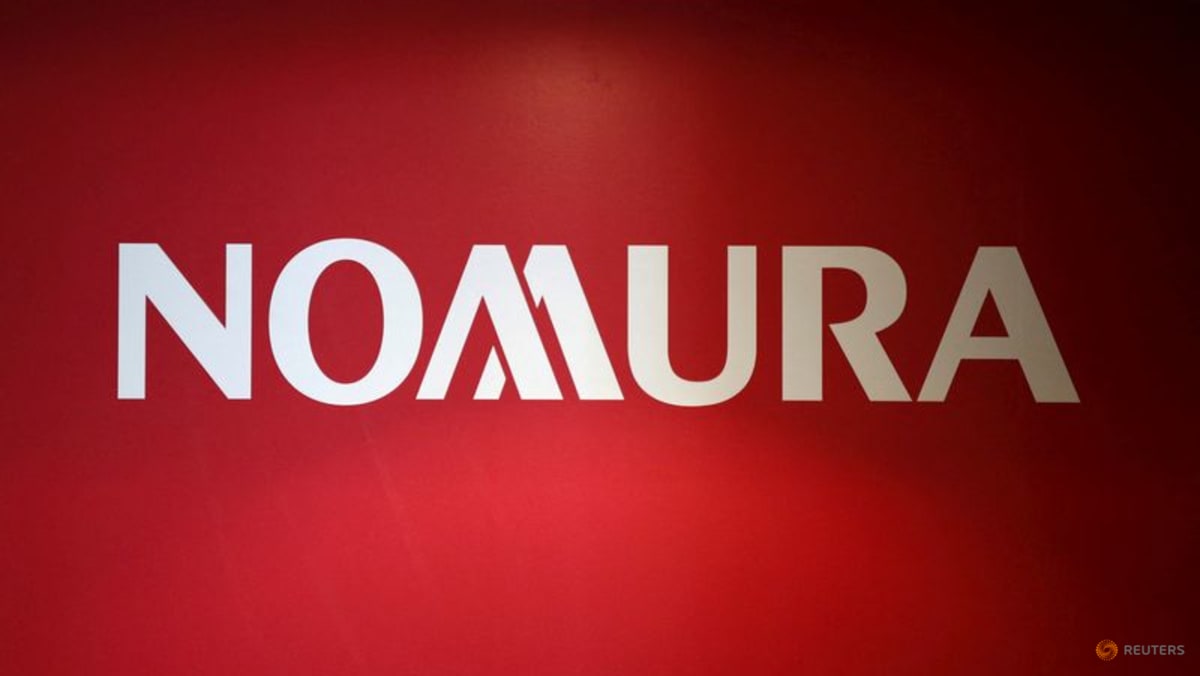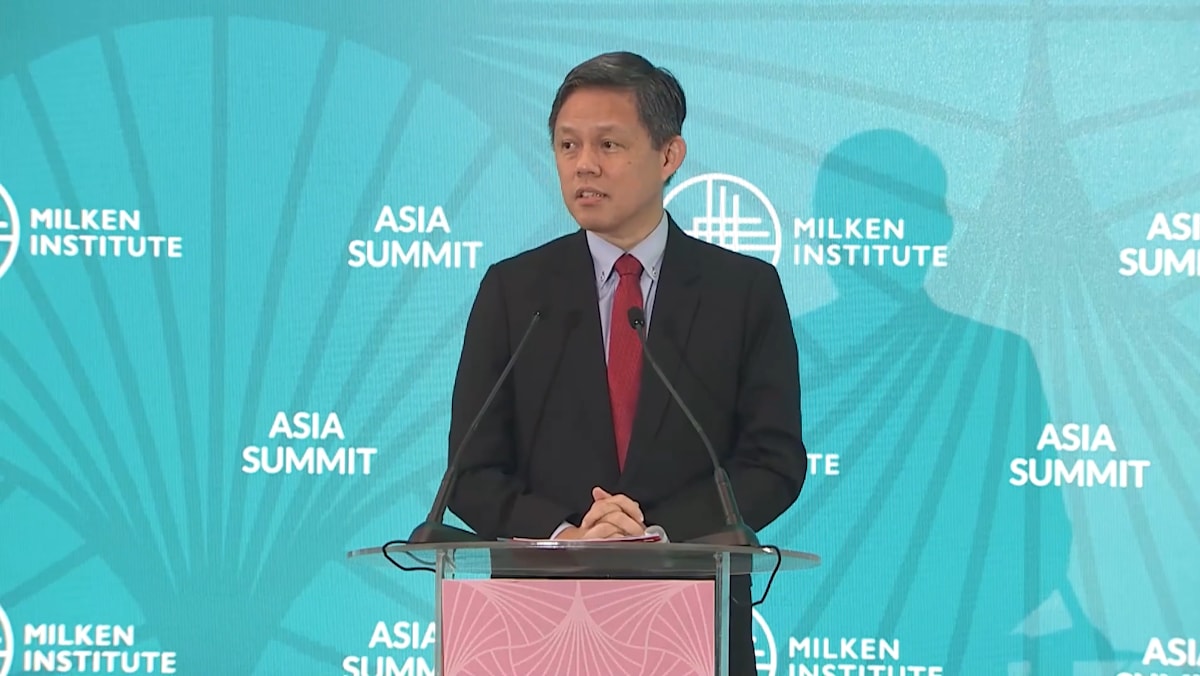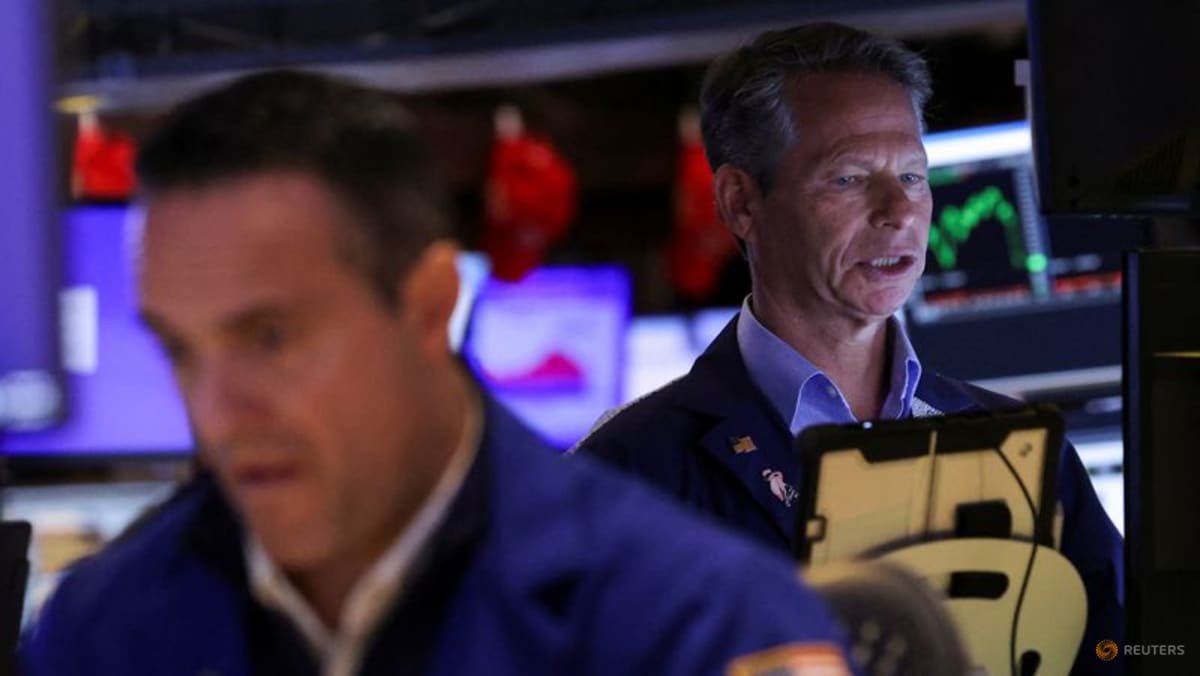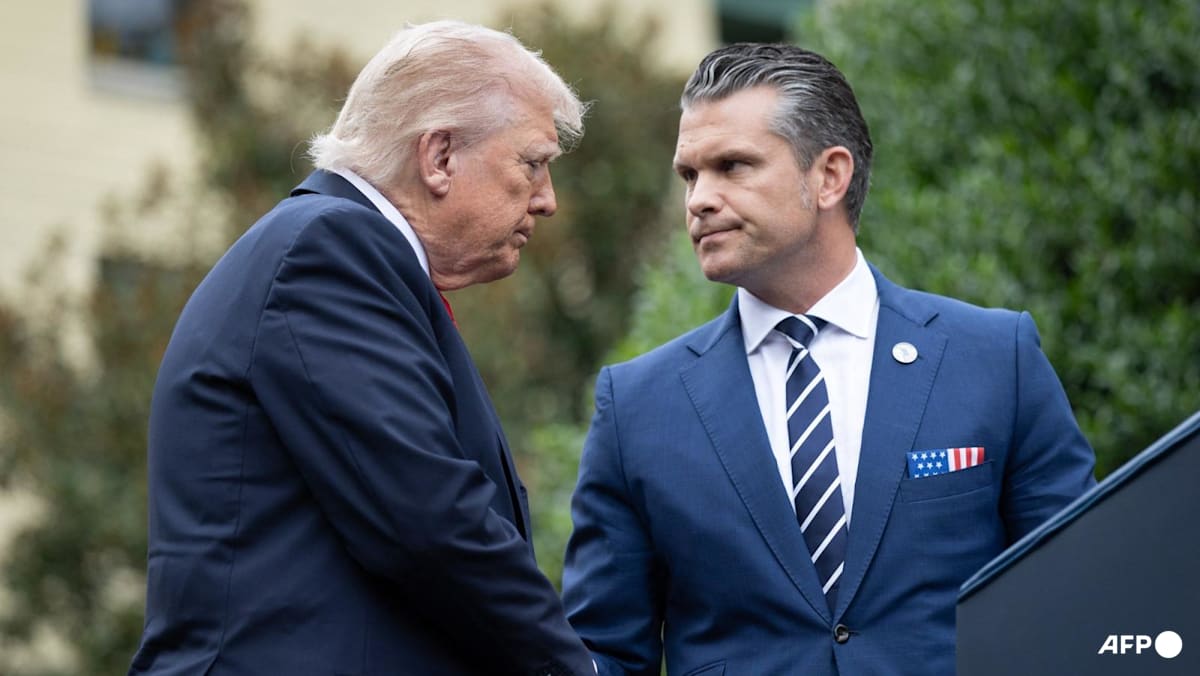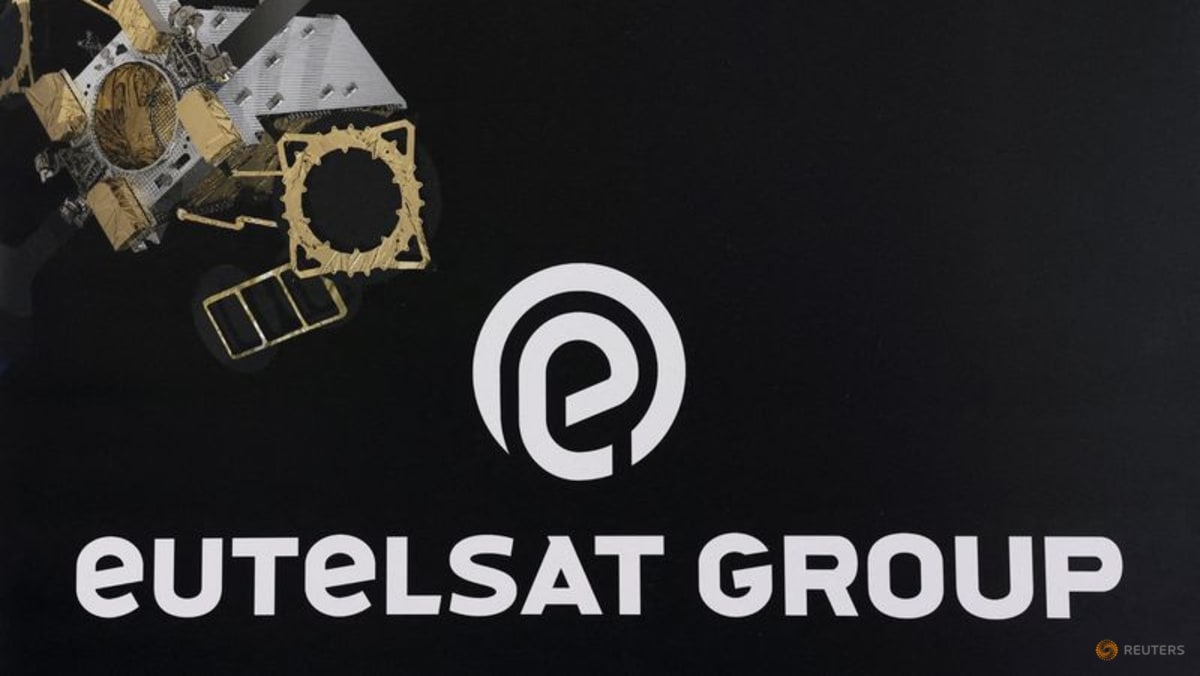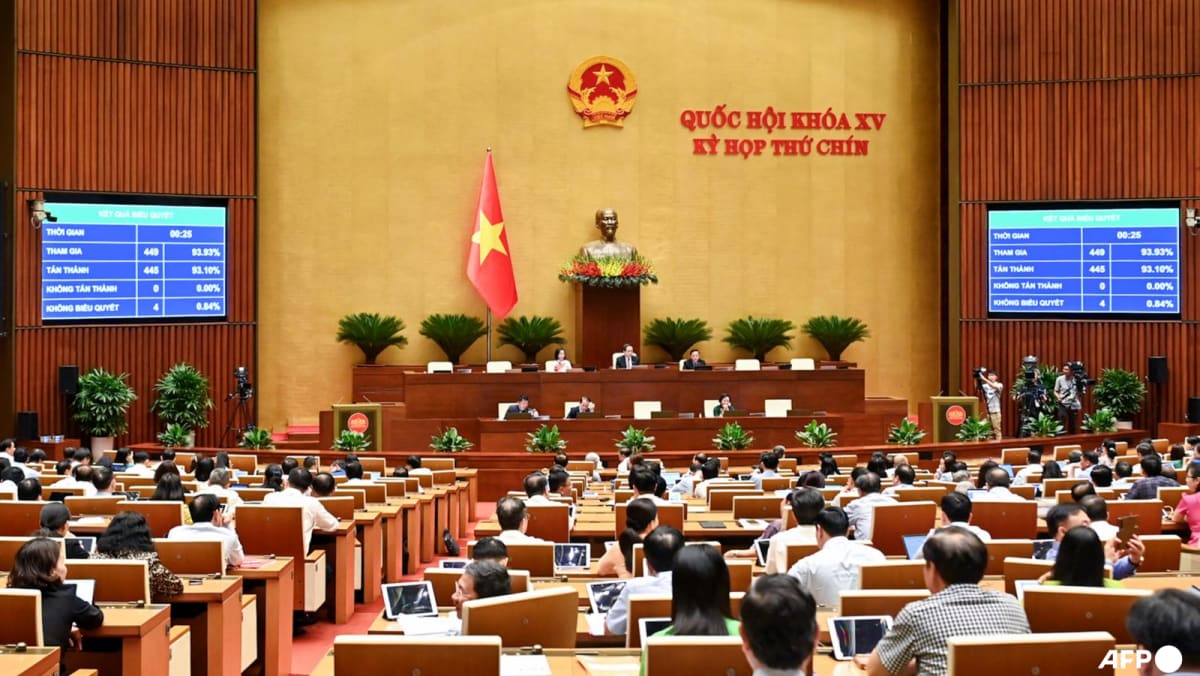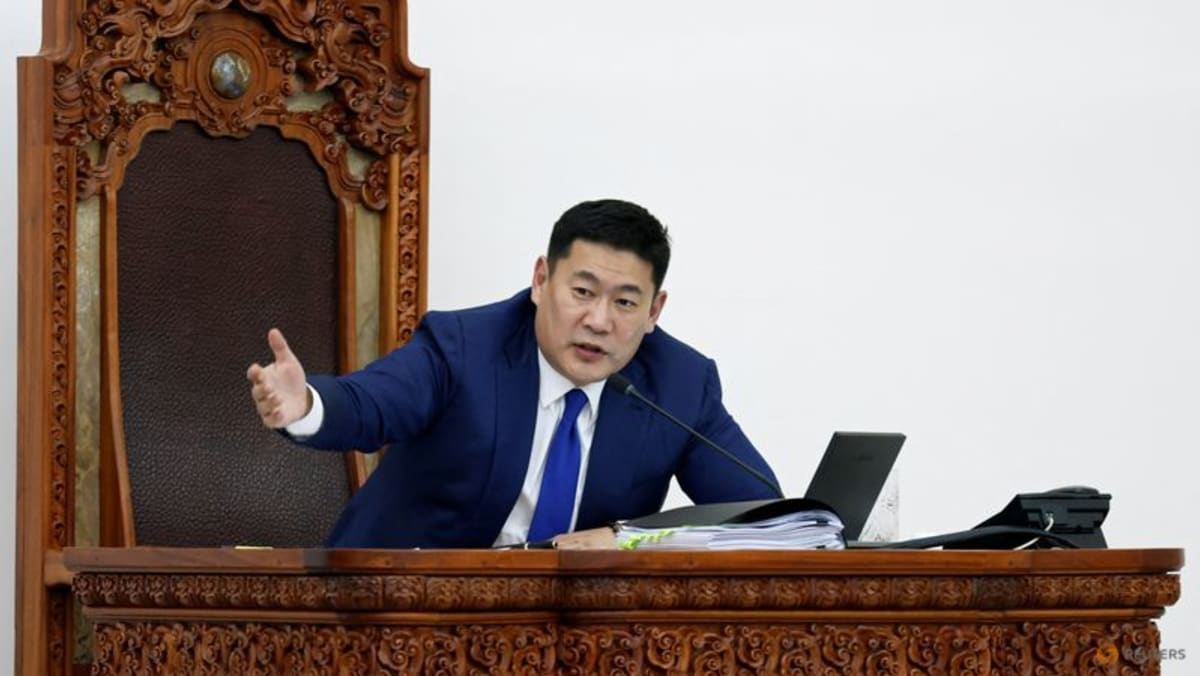LONDON :Oil prices were stable on Friday, as trade talk optimism supported the outlook for both the global economy and oil demand, balancing news of the potential for more oil supply from Venezuela.
Brent crude futures were up 38 cents, or 0.55 per cent, at $69.56 a barrel at 0755 GMT. U.S. West Texas Intermediate crude futures were up 34 cents, or 0.51 per cent, to $66.37.
Brent was heading for a 0.4 per cent weekly gain at that level, while WTI was down around 1.44 per cent from where it closed last week.
Brent prices have been largely range-bound between $67 and $70 a barrel for the last month, since the sharp drop in prices in late June after de-escalation in the Iran-Israel conflict.
Oil, along with stock markets, gained support from the prospect of more trade deals between the United States and trading partners ahead of an August 1 deadline for new tariffs on goods from an array of countries.
After the U.S. and Japan unveiled a trade deal on Wednesday, two European diplomats said the European Union was moving towards a deal involving a baseline U.S. tariff of 15 per cent on EU imports, plus possible exemptions.
"Trade talk optimism appears to be offsetting expectations for stronger Venezuelan supply," ING analysts wrote in a client note on Friday.
The U.S. is preparing to allow partners of Venezuela's state-run PDVSA, starting with U.S. oil major Chevron, to operate with limitations in the sanctioned nation, sources said on Thursday.
Venezuelan oil exports could consequently increase by a little more than 200,000 barrels per day, which would be welcome news for U.S. refiners, as it would ease tightness in the heavier crude market, ING analysts wrote.
The U.S.'s Venezuela move has drawn investors' attention away from disruptions this week to Black Sea oil exports and Azeri BTC crude loading from the Turkish port of Ceyhan.
"The issues around CPC and Azeri loadings are now neutered by the U.S. allowing limited licences for partners with Venezuela’s PDVSA to restart operation for oil exportation once again," said PVM analyst John Evans.
Evans added that oil prices were "caught in largely a holding pattern bought about inconclusive specific oil drivers."



